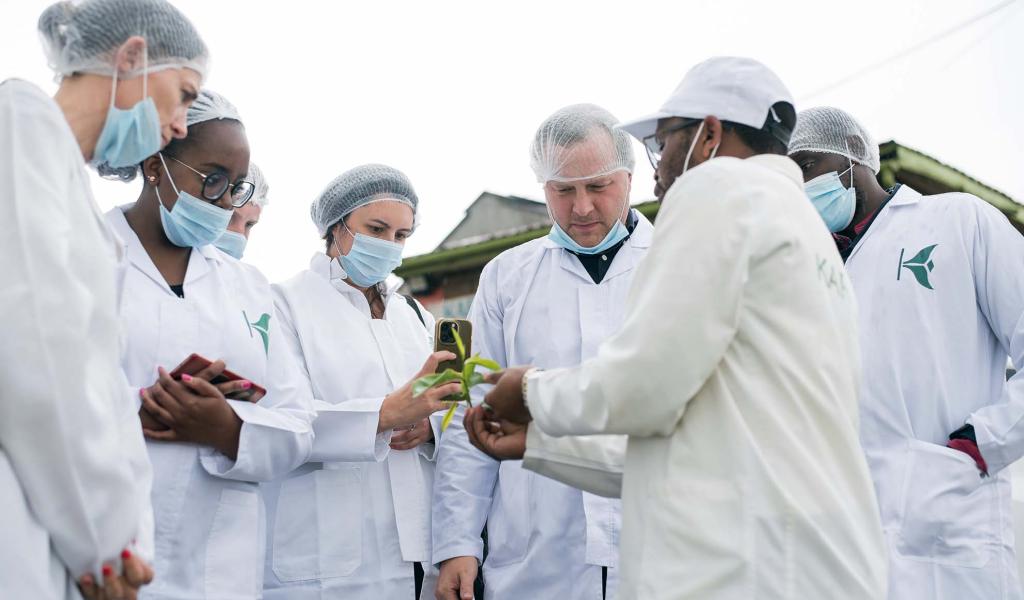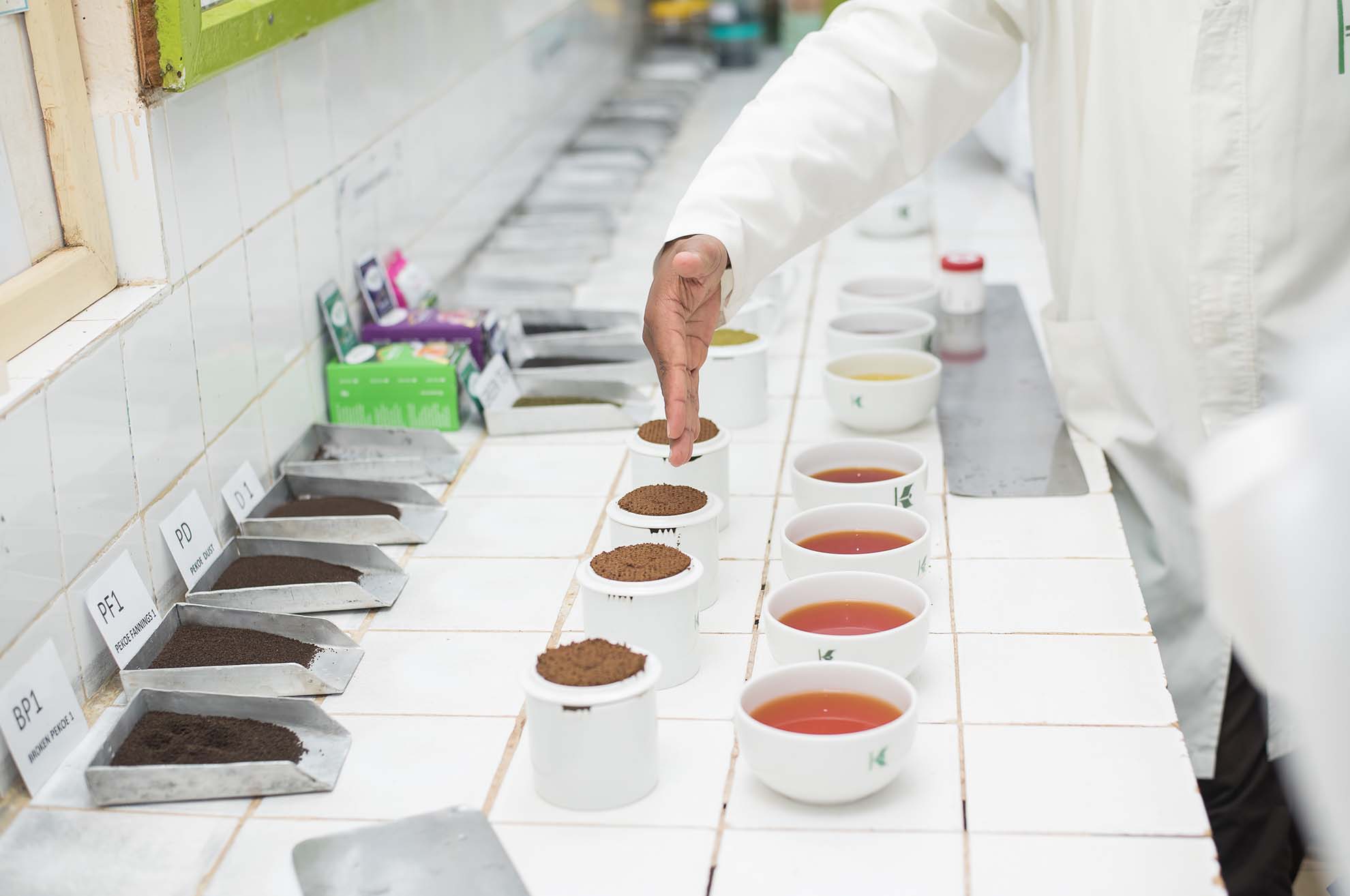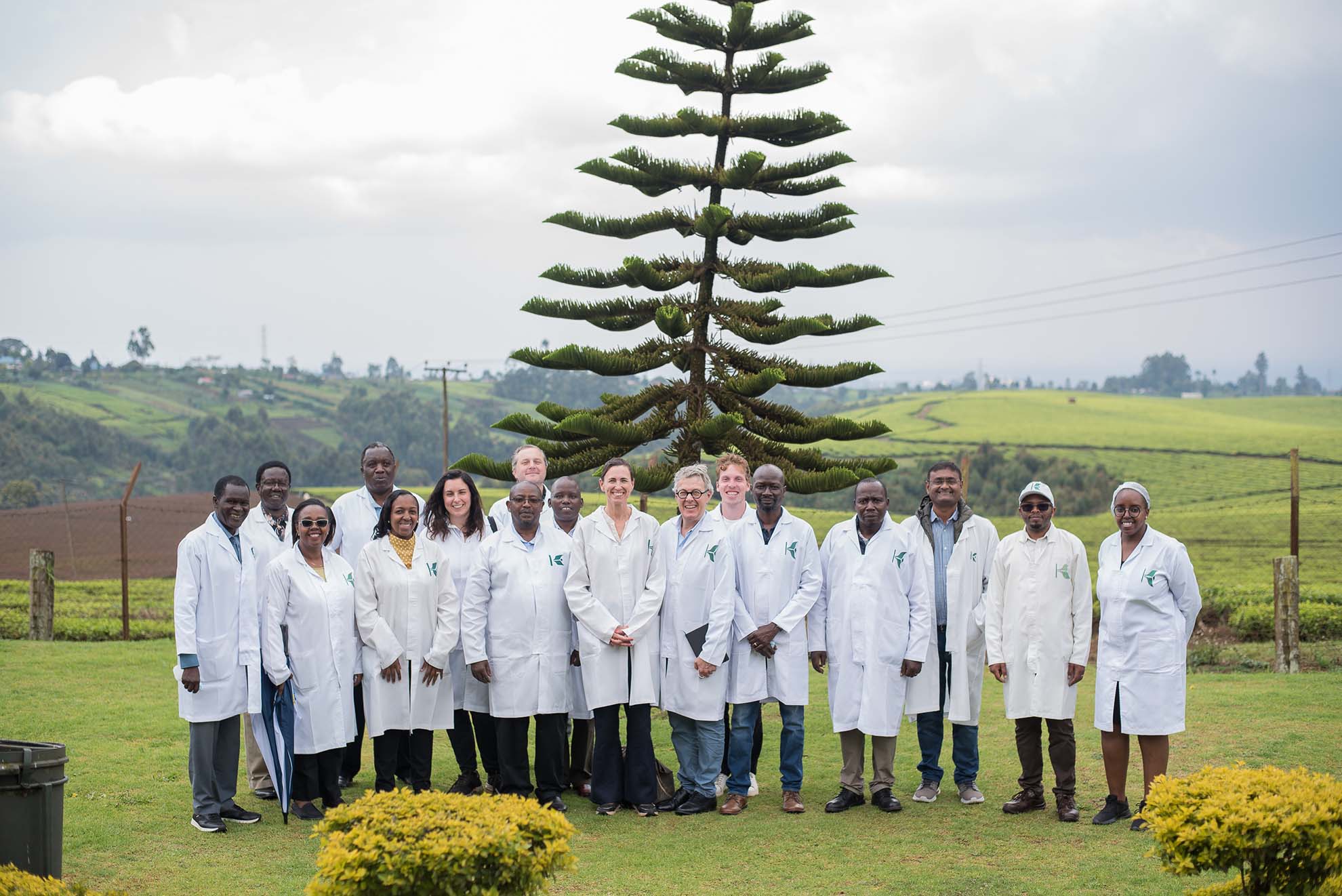News
From Leaf to Power: Exploring Energy Use in Kenya’s Tea Sector

Second only to water in global consumption, tea is more than a beloved beverage: it’s the product of an industrial transformation that is significantly shaped by energy. From harvesting to withering and drying, several stages of tea production are influenced by energy use, making efficiency an important factor for sustainability and competitiveness.
These themes came into focus on Thursday, 25 September 2025, during a study visit to Karirana Tea Factory in Limuru. Organized by UNIDO in collaboration with the Embassy of Sweden, the Kenya Association of Manufacturers (KAM), the Tea Board of Kenya (TBK), Glofin Advisory, and representatives from tea companies, the visit offered first-hand exposure to the operations of a Kenyan tea factory, with a particular emphasis on energy use across production processes and opportunities for greater efficiency.
The programme began with some brief welcome remarks from the Embassy of Sweden, the Tea Board of Kenya, and Glofin Advisory. Karirana’s Production Manager also shared background information and key facts about the company, setting the stage for the tour. Established in 1960, Karirana Tea Factory produces tea for both local and international markets—approximately 80% of its output is exported, while 20% is packaged locally under the well-known brand Eden Tea. The factory manages 324 hectares of tea on its own land, which accounts for about 20% of the tea processed. The remainder is supplied by hundreds of smallholder farmers.
Energy is the factory’s second largest cost after raw materials. Since 2020, Karirana has invested in solar power, installing a 543 kW system in phases. Solar has saved the factory millions of shillings in energy costs last year alone. Still, the rising cost of electricity — up by more than KES 10 per unit since 2021 — continue to pose a major challenge.
During the tour, participants observed the production process from the weighing and withering of freshly harvested leaves, through cutting, to the tasting of finished tea for quality assurance. Withering emerged as the most energy-intensive stage, with large motors almost continuously, especially during wet weather when additional fans are required.

The visit concluded with a tasting session, where participants enjoyed a cup of locally manufactured Eden Tea. Ms. Sophie Hillbom, Deputy Head of Mission at the Embassy of Sweden, also joined the event, highlighting the strong support for collaboration and innovation in the tea sector.

The strong institutional support shown during the visit reflects a growing awareness of how energy efficiency can drive sustainability and competitiveness in the tea sector. Recognizing this potential, EELA Kenya, together with UNIDO and its partners, is actively supporting the implementation of tailored energy solutions to help tea factories reduce operational costs, improve environmental performance, and strengthen long-term resilience.